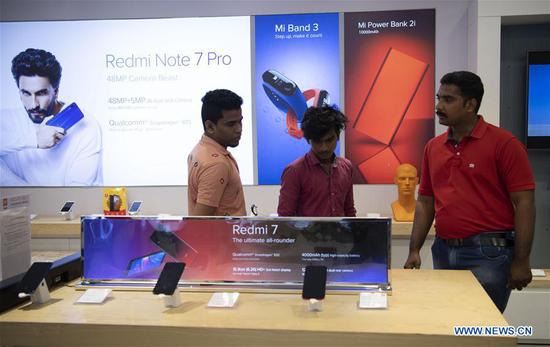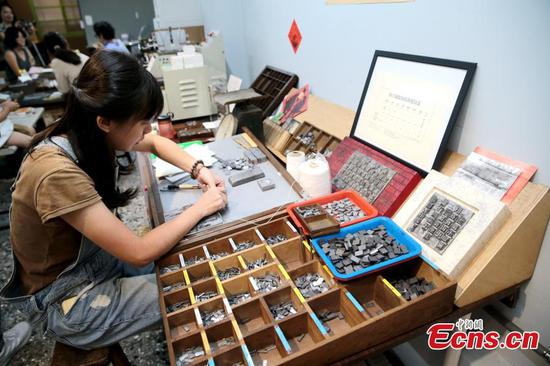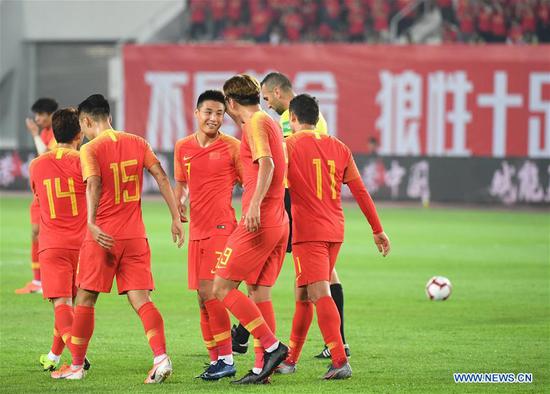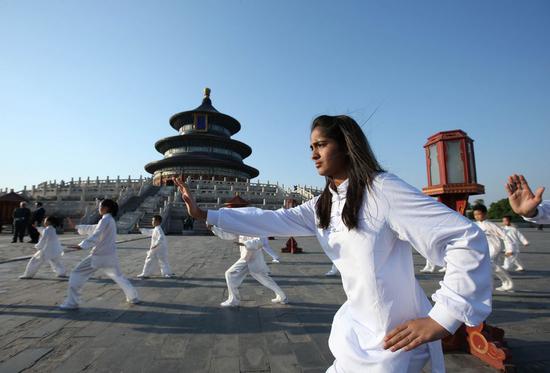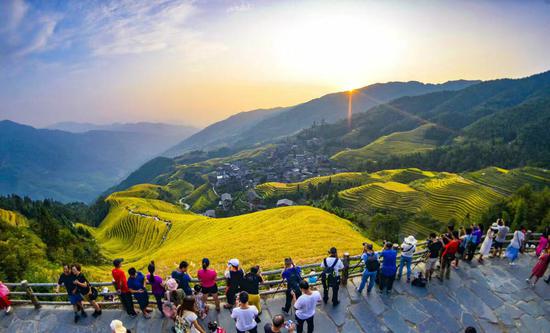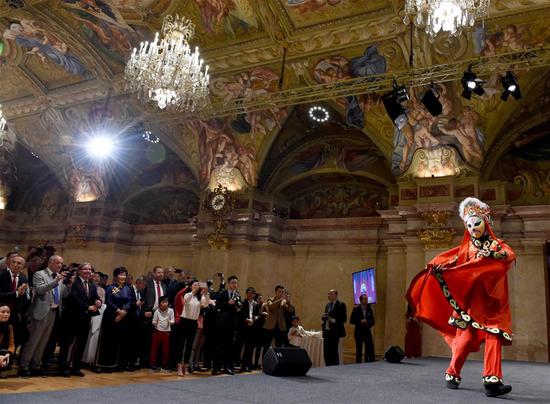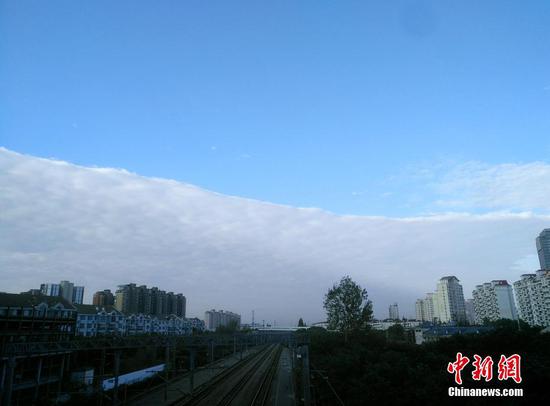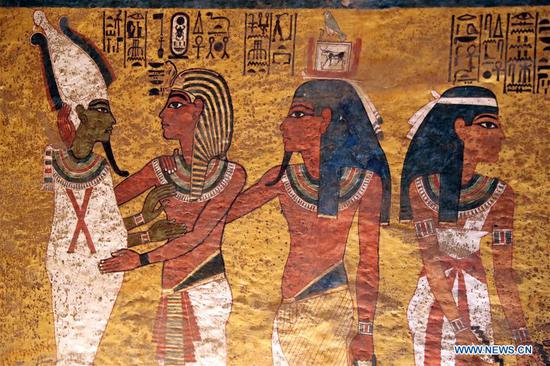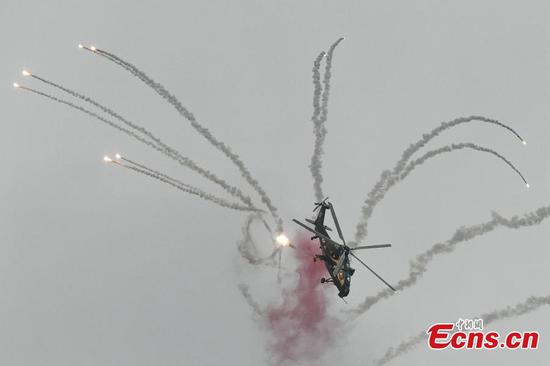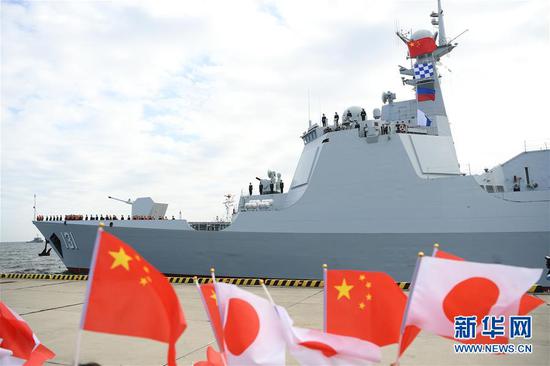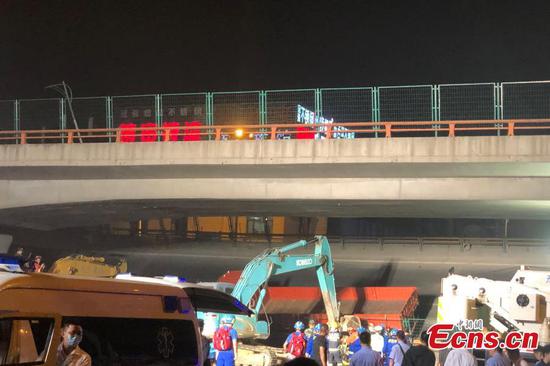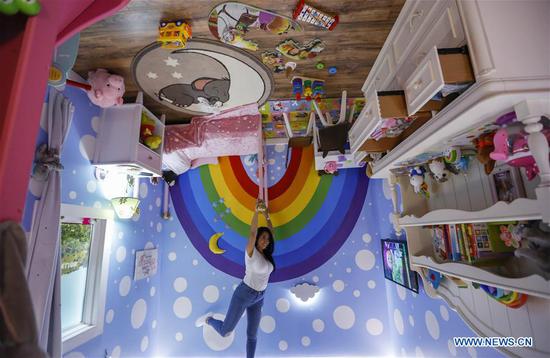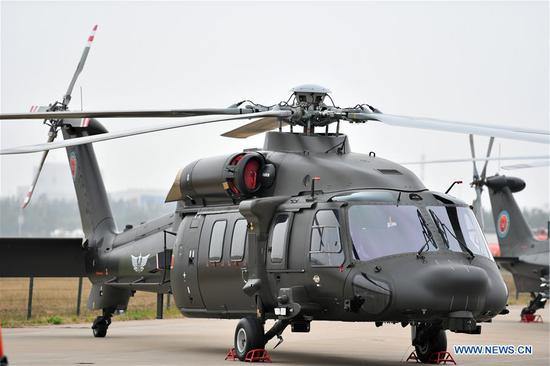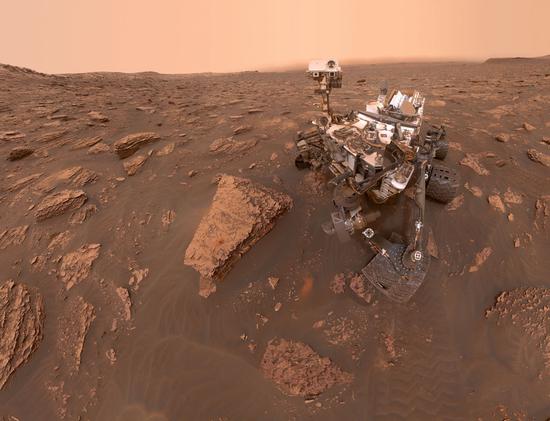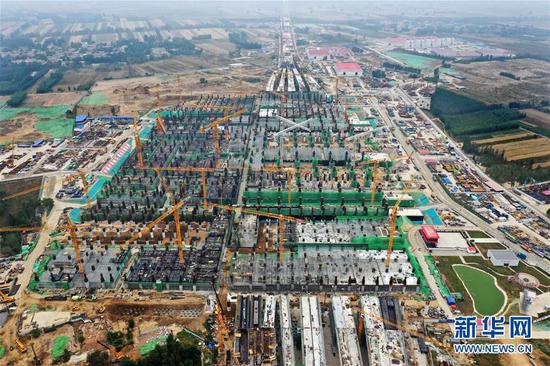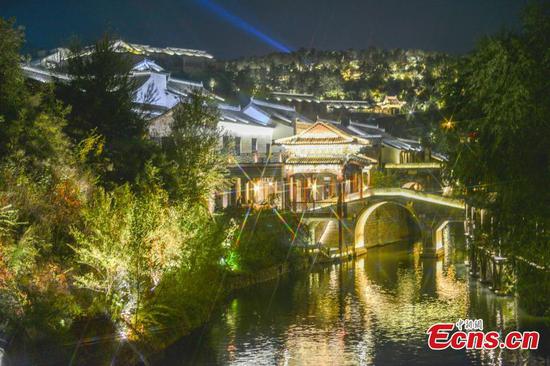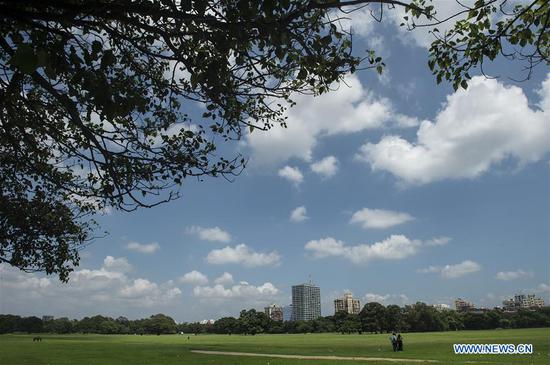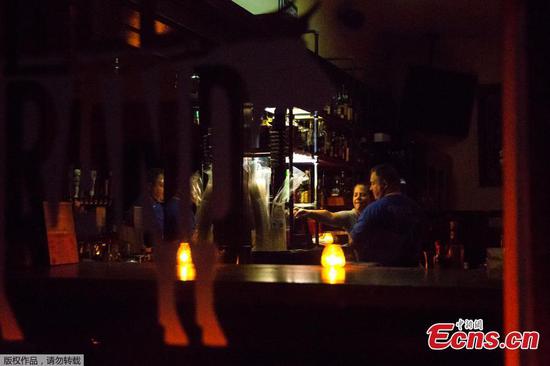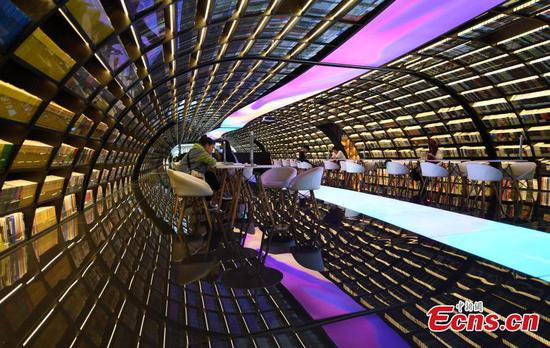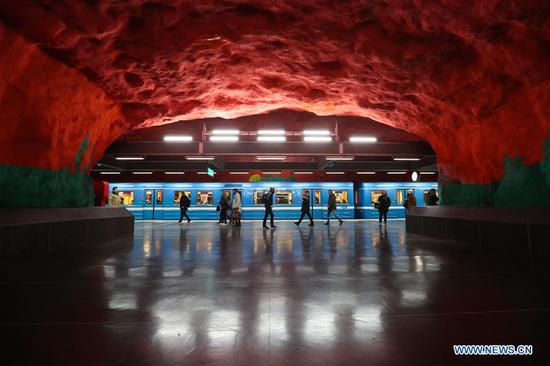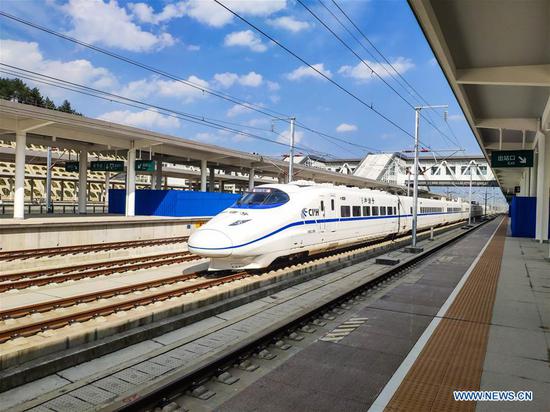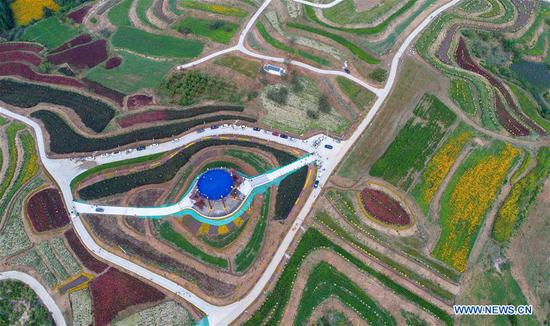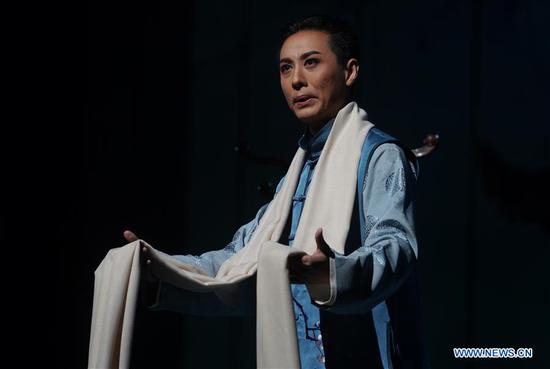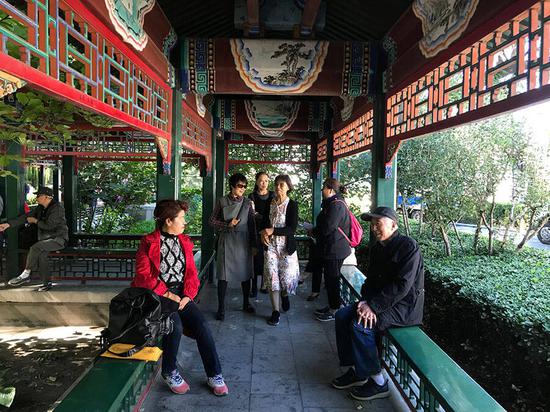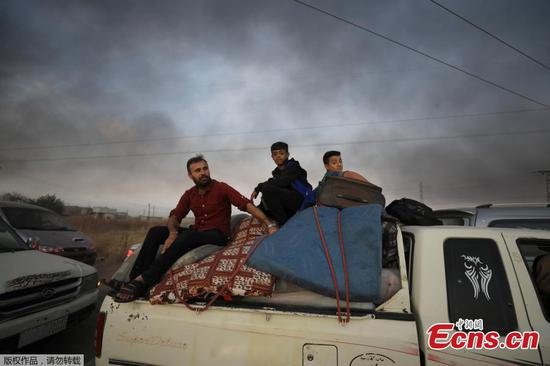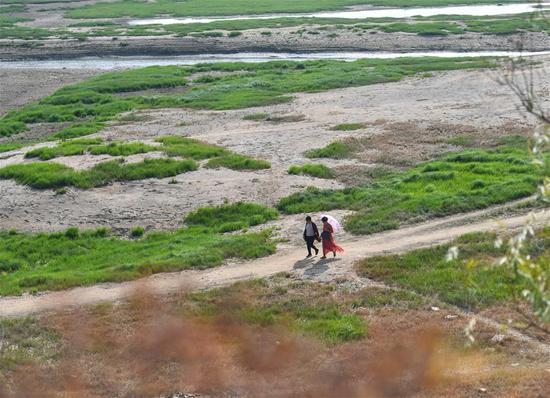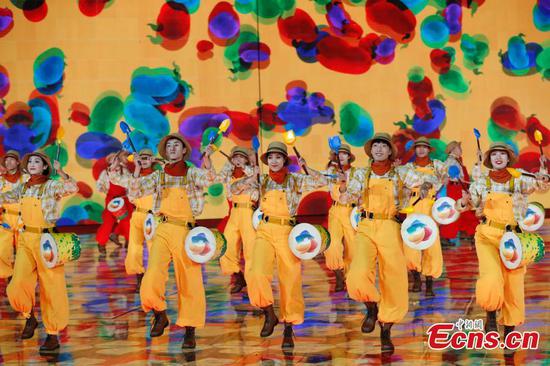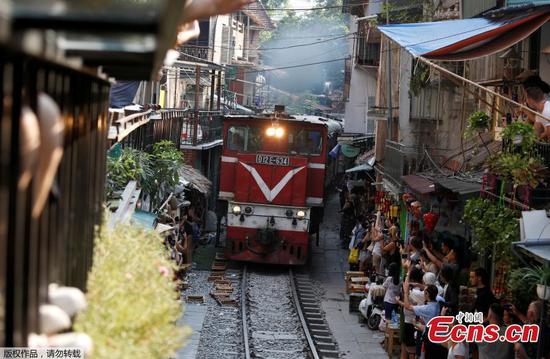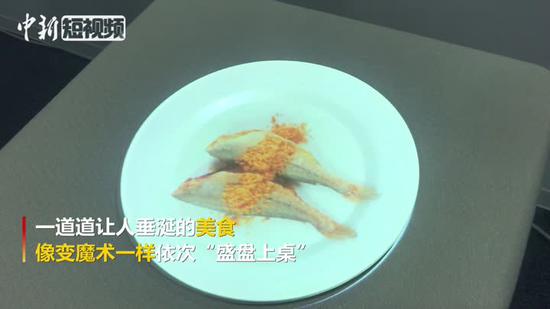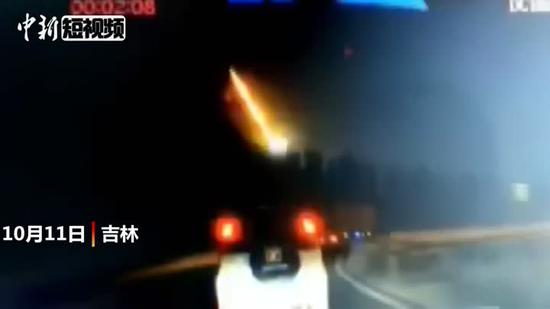The incessant violent and illegal protests have cast a shadow over the city's festive spirit as arrivals and departures for Hong Kong dropped 24.3 percent compared with the three-day Mid-Autumn Festival holiday last year.
Arrivals and departures for Hong Kong over the Mid-Autumn Festival holidays from Sept 12 to 14 saw 2.19 million passengers in total, according to Hong Kong's Immigration Department.
The prolonged violence lasting over three months, aroused by the now-withdrawn extradition bill amendments, has taken a rising toll on the city's major business sectors and dampened tourist and consumer sentiment with low hotel occupancy rates and declining restaurant bookings.
Simon Wong Ka-wo, chairman of the Hong Kong Federation of Restaurants &Related Trades, said last Friday that the catering industry took a hit during the Mid-Autumn Festival as restaurant bookings decreased 20 percent compared with the Mid-Autumn Festival last year, which was equivalent to a drop of HK$100 million ($12.78 million) revenue year-on-year.
Wong noted that the slump in tourists traveling to Hong Kong made the catering business in tourism hotspots Tsim Sha Tsui, Causeway Bay and Mong Kok much quieter than before.
Remote restaurants had almost no bookings recently, said Yeung Wai-sing, chairman of the Association for Hong Kong Catering Services Management Limited. He said some restaurants have taken the unprecedented step of waiving the service charge or offering a 10 percent discount to attract customers and seek a bailout.
The Hong Kong hotel industry has suffered as well with low occupancy rates due to fewer tourists than before. According to Ta Kung Pao, hotels and guesthouses in the tourist area of Victoria Harbor were slashing room rates, with some offering HK$400 per night during Mid-Autumn Festival.
Sam Lau Kung-shing, chairman of the Tourist Guesthouses Federation, said the general business of hotels and tourist guesthouses tumbled 90 percent in recent months. He added that hotels have grabbed customers by cutting rates while the guesthouse business has gotten worse.
The months from June to August are regarded as the peak tourism season in Hong Kong, while this year, the tourism industry was under attack due to the city's ongoing violent demonstrations and vandalism.
In August, tourist arrivals to Hong Kong fell 40 percent year-on-year and hotels in some locations had seen occupancy rates drop to about half, while room rates plunged 40 to 70 percent, according to financial secretary Paul Chan Mo-po.
Hong Kong International Airport (HKIA), the world's third-busiest hub for international passenger traffic and the world's largest air-cargo aviation hub, has reported a double-digit decline in both passenger and cargo traffic in August.
The passenger traffic went down 12.4 percent to 6 million passengers, which marked the biggest one-month drop since June 2009. Passengers traveling to and from the Chinese mainland, Taiwan and Southeast Asia saw a bigger fall compared with August of last year.
HKIA said the stagnancy was due to decreasing visitor arrivals amid social instability. More than 20 countries and regions including Japan, South Korea, Australia and the US have issued travel advisories for Hong Kong.
The bleak scenario has continued at the beginning of September. In the first 10 days of the month, merely 15 tour groups from the Chinese mainland visited Hong Kong, down 90 percent compared with the same period of last year, according to the figures released by the Travel Industry Council of Hong Kong.
The council pointed out that in light of the intensified demonstrations and violent clashes, tourists have lowered their interest in traveling to Hong Kong because of safety issues.
During the Mid-Autumn Festival weekend, a fresh wave of mass violence and vandalism rocked the city as riotous protesters blocked roads, set fires, damaged MTR stations and attacked government headquarters on Sunday.









